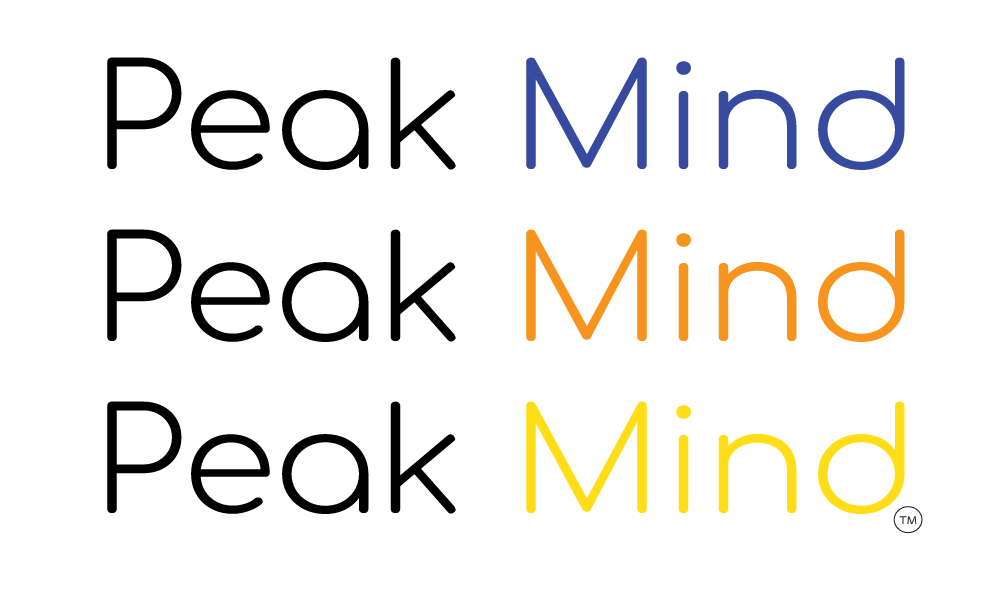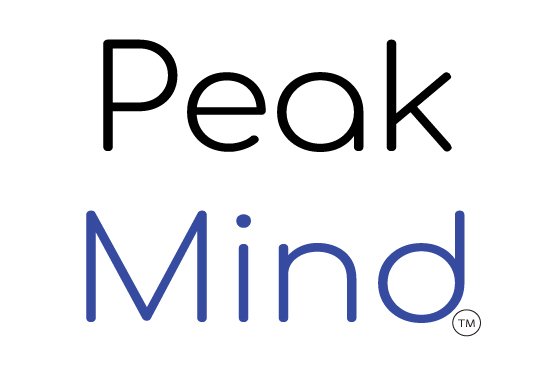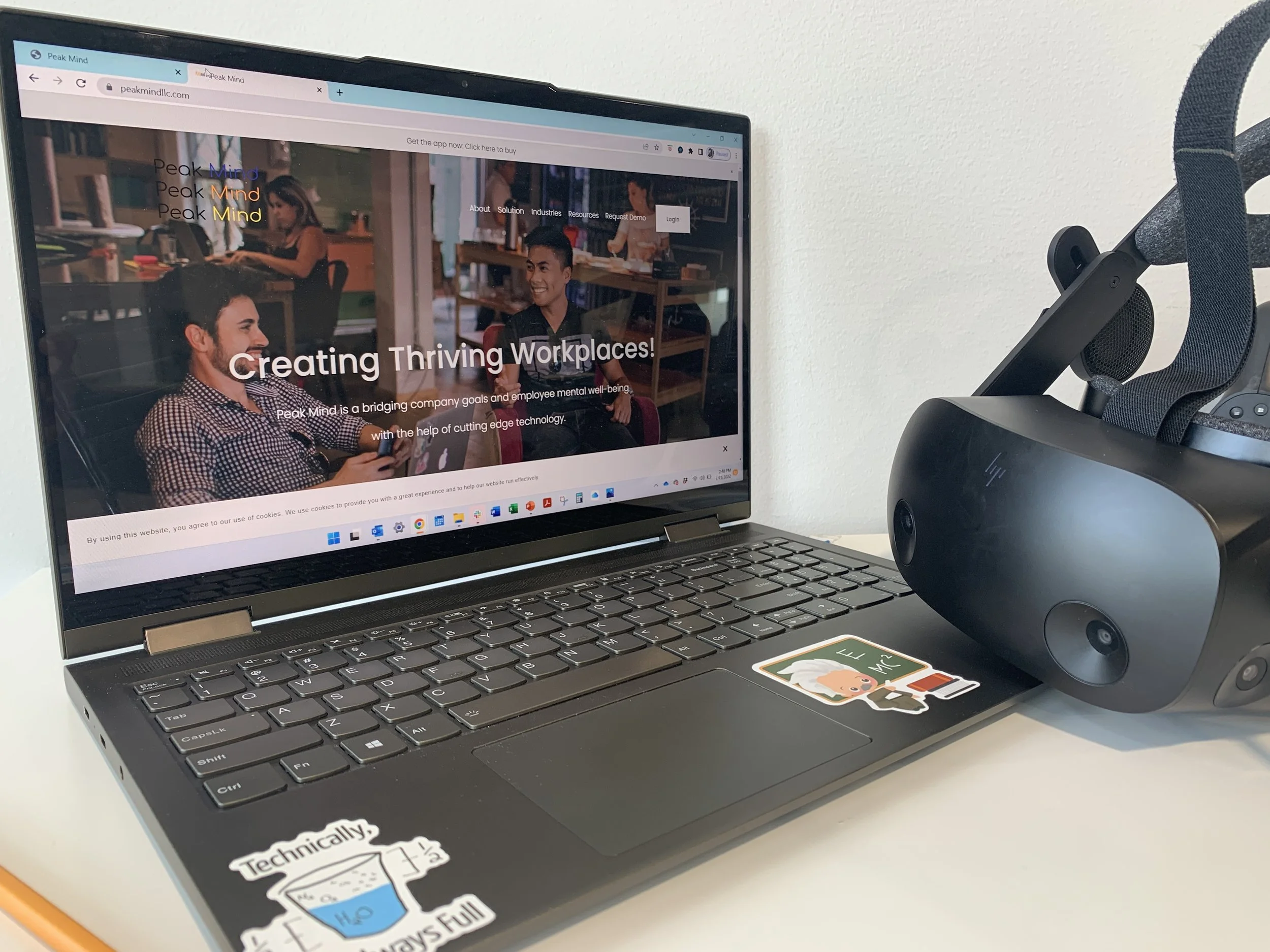
VR for those - especially with high amounts of workplace stress
How much stress is too much stress? What companies should invest in VR Digital Health Devices for lowering stress in the workplace?
Public Health impacts us all. Especially when it’s our first responders that are carrying the most chronic stress.
Digital health devices are increasing more than ever. Most are working to help the Insurance industry combat the rising insurance costs. Costs are now said to be inching up to record high amounts. Thankfully there are experts working hard to turn this trend around, and VR as a Life Sciences Digital Health Device could play a major role in assisting.
Problem deeper is that stress can kill. Stress should be considered a Public Health crisis. We have to first consider that stress is a leading cause of disease in America, and potentially other countries around the globe. Consider this quote from a 2017 article in the National Library of Medicine: “Moreover, many retrospective studies found that a high proportion (up to 80%) of patients reported uncommon emotional stress before disease onset. Unfortunately, not only does stress cause disease, but the disease itself also causes significant stress in the patients, creating a vicious cycle. Recent reviews discuss the possible role of psychological stress, and of the major stress-related hormones, in the pathogenesis of autoimmune disease. It is presumed that the stress-triggered neuroendocrine hormones lead to immune dysregulation.” (1)
This leads me to believe that VR for disrupting stress in the workplace should be a viable option to solve one of this centuries worst public safety crisis – stress in the workplace.
VR Cannot replace therapist.
Let’s be real. VR cannon and should not replace a trained therapist or psychiatrist. It can support but cannot replace services such as talk therapy and mental health therapeutics. It can offer a pathway of distribution, but it will still require trained experts creating the narrative behind the Virtual Reality Therapeutic (VRx) simulations that a user sees when putting on a VR headset.
And users should take caution when considering what headset to buy. Not all games are created equal. Most VR gaming companies are not yet considering how their visuals and narrative within the games could negatively affect our stress response created during gaming.
One key is to define the terms that are so commonly thrown around these days, but do differ when speaking in regards to our overall health. From a quick google search and stated by the Oxford Language definitions:
Which most of us can relate to these days. Even when at work. And maybe especially when at work!
Keep these definitions in mind when considering what tool, you are subscribing to. If you need a mental health tool to treat a diagnosed condition, then confirm the tool supports those needs. If you are generally feeling stressed, like most of us around the world, then lean into a VR experience and tool that supports empowering you to thrive. And shy away from those that might elicit the more negative chemical responses such as Cortisol, Adrenaline or Noradrenaline for long periods of time. And in it’s place, consider the ones that elicit the happy hormones such as Dopamine, Oxytocin, Serotonin, and Endorphins. All things in moderation, even with positive VR/VRx simulations. There is such a thing as too much of a good thing at times.
And the stress response to different stimuli and environmental factors varies from person to person which makes it hard to prepare for. If studying biology and chemistry if your thing, here is an article that further speaks to the stress response: https://www.health.harvard.edu/staying-healthy/understanding-the-stress-response.
1. Mental health is different than mental well-being. By definition states: a person’s condition with regard to their psychological and emotional well-being.
2. Mental well-being by definition is the experience of health, happiness, and prosperity.
3. Stress by definition is a state of mental or emotional strain or tension resulting from adverse or very demanding circumstances.
See it in action.
So how could we begin to use VR or VRx devices in the workplace to lower stress? What does VR for first responders look like? How do they use it? In the streets, hospitals or at the squad house?
There can be a multitude of ways for those agencies to roll out VR for police officer stress. Here is a rather intense beginning news clip of why VR and VRx devices would be great for police agencies.
Magazine such as Virtual Reality Insider are also showcasing VR for the workplace – even when that workplace is the streets of our neighborhoods. Guided meditations, coaching and even dad jokes can help to disrupt the stress cycle that we find ourselves in most days.
If we cut out the stimulus and immerse themselves into a simulation that is calming and even therapeutic, imagine how this might help a user. We can even use VR simulations to teach users about critical workplace opportunities for growth within the workplace. Being valued for our skills is an intrinsic human need. And employees need the support of their workplace to develop their skill set and talent. The past few years have distracted most workplaces from this, and VR could be a great way, and an easier distribution model for getting back on track and providing what our employees need and desire.
How to ask for this in your workplace
It starts slowly, goes slowly, and requires a lot of patience. Talk talk talk! It most likely will not happen overnight but stick with it. It is worth it. We see most agencies/companies get something in place between August-October so that they can roll out in the New Year, or as a Holiday surprise to their employees.
Be a champion for your wellness as your companies might not be aware of options such as VR/VRx as a benefit they could offer. Figure out your personal why, and what you need. And speak to your support groups or manager about it. Give them your idea about what might work to help your well-being.
Also, in the meantime while you are working to get your workplace on board for VR/VRx devices, try these medical codes with your primary care physician, therapist or even holistic chiropractor: CPT code 0770T and CMS code E1905.
Plan today for VR in your workplace – we can help connect@joinpeakmind.com or call us at 317 499-6879.
Citations:
1. Stojanovich L, Marisavljevich D. Stress as a trigger of autoimmune disease. Autoimmun Rev. 2008 Jan;7(3):209-13. doi: 10.1016/j.autrev.2007.11.007. Epub 2007 Nov 29. PMID: 18190880.
A Real Solution For Culture Change
Change happens in the millions of moments that live within the workdays.
Our technology lives in the palms of your employees hands, 24/7.
We know you care about how your office feels and is growing.
Plenty of reports show how people feel at work affects your bottom line.
Learn to communicate better within your organization.
Each team member takes a detailed assessment to create a baseline for their personal and company growth.




